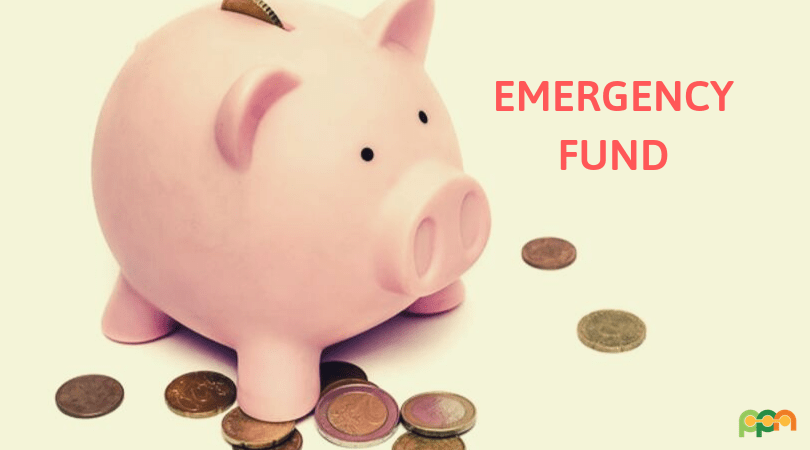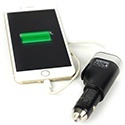Is your fund emergency ready? At least once in every person’s life comes a time when the need is great and the resources are few.
It can be hard enough to make ends meet on a decent wage, but, when the times get tough and the money just is not there to meet the need, a person can easily be in despair.
Should emergency funds be needed, a person can then sleep better at night if he has good financial or fund control.
But are you one of those people?
At this very time you’re reading this:
Do you have emergency funds saved up in your bank account?
Or do you even have savings at the very least?
There is no real magic formula for coming up with on-the-spot emergency funds.
A good deal of thinking through and putting a good plan into action is prime.
If you can do that, you have it made. That is truly all that any one of us can do to secure our future.
Here are some tips that you can start doing before the crisis kicks in:
- Be ready. You won’t be able to anticipate every time a financial burden lands in your lap. You have to anticipate the unanticipated.
- Be very careful. An emergency fund is set up for emergencies. Take a closer look at your expenses these last few months, and if you have had to lean heavily on your emergency account to pad your budget, it’s time to rethink your money management issues and be in a hurry.
- Pay special attention. We all have moments where we glimpse a potential crisis hovering on the horizon and do nothing until it is all too late. Pay attention to the smaller details and avoid the larger calamities.
- Plan further ahead. Your clutch is likely going to give out every 80,000 miles or so. The roof can give out every 15 to 20 years. A vacuum cleaner might give up the dust in as much as five. Avoid the obvious and pay excessively later. It is your call.
Your five-year-old desktop is getting creaky. You could wait until it dies. However, according to Murphy’s Law of Money, it will expire at the worst possible moment. Either way, paying for a new computer might not be part of the budget so planning ahead gives you some control over when you take the hit. Start to plan today for what you know will be coming—come hell or high water. Plan smartly for the inevitable.
Finding funds during an emergency can be very difficult if you fail to plan. Establish emergency savings in both good times and in bad. The chance is very good that you will be called upon to put out a sum of money on the spot and when you least expect it.
It is a very good rule of thumb to sock away three to six months’ living expenses. You can also use this same money when you’re faced with major, unplanned expenses such as a car that breaks down or much-needed college funds.
The purpose of this type of savings plan is to put the money away consistently and then tap into it for true emergencies. The success of this type of long-range savings plan will depend less on the rate of return than on, day-by-day, putting the money away and then leaving it there for a true emergency.
Lock it away and then hide the key. 🙂
Having an emergency fund is also a way of protecting your savings.
Click here to learn more about Emergency Money Planning: How to Start Saving Extra Cash
This will help you continue to move forward with your financial goals and help you reach financial freedom even when you face the unexpected.
That’s why it is very important to establish an emergency fund as soon as possible. It will give you peace of mind through a crisis and will make your financial decisions be easier.











